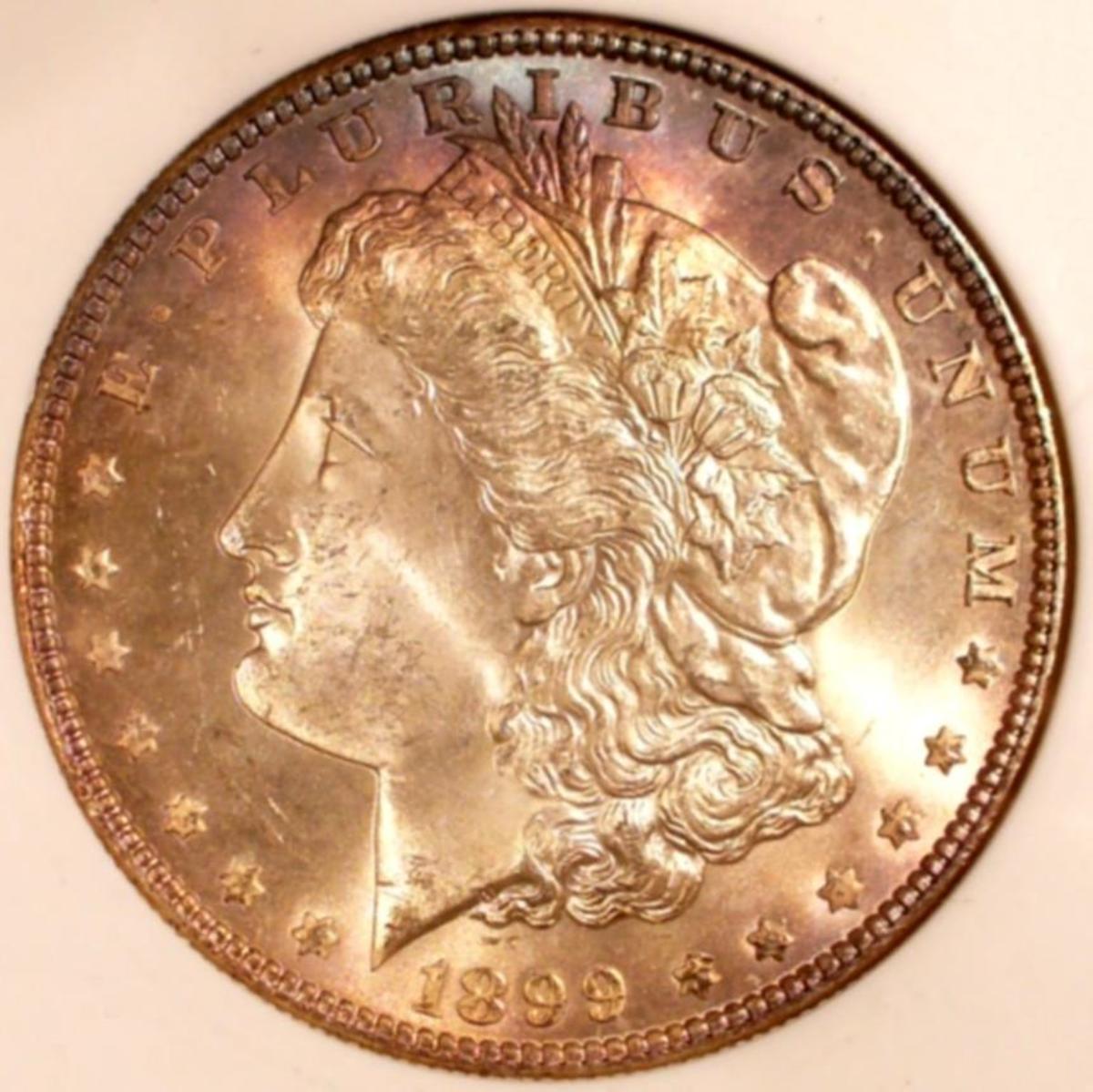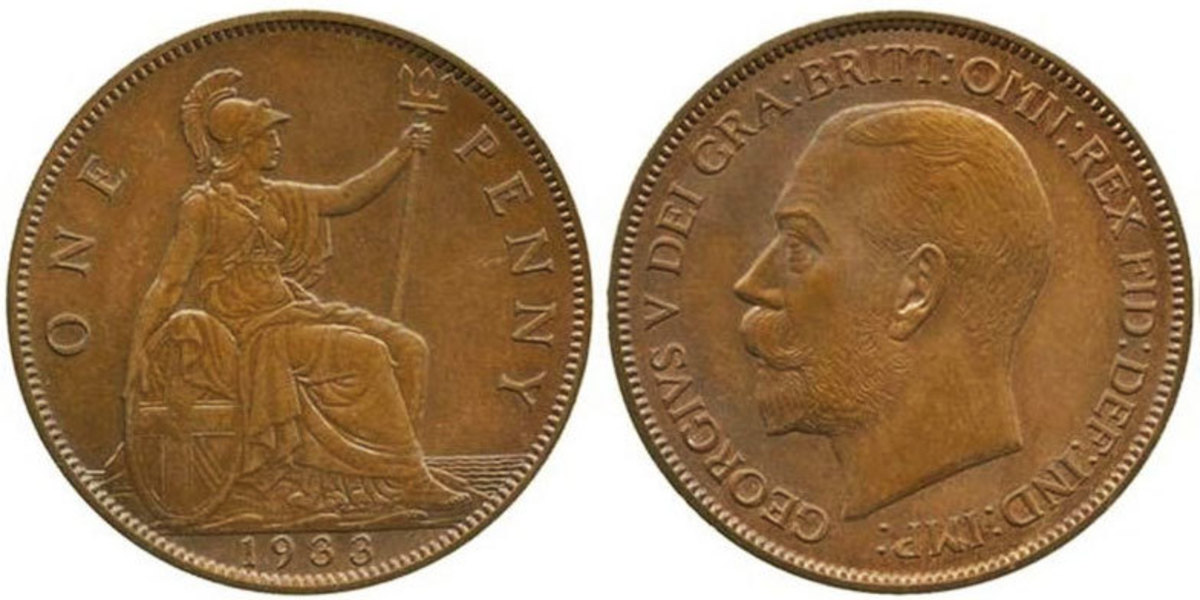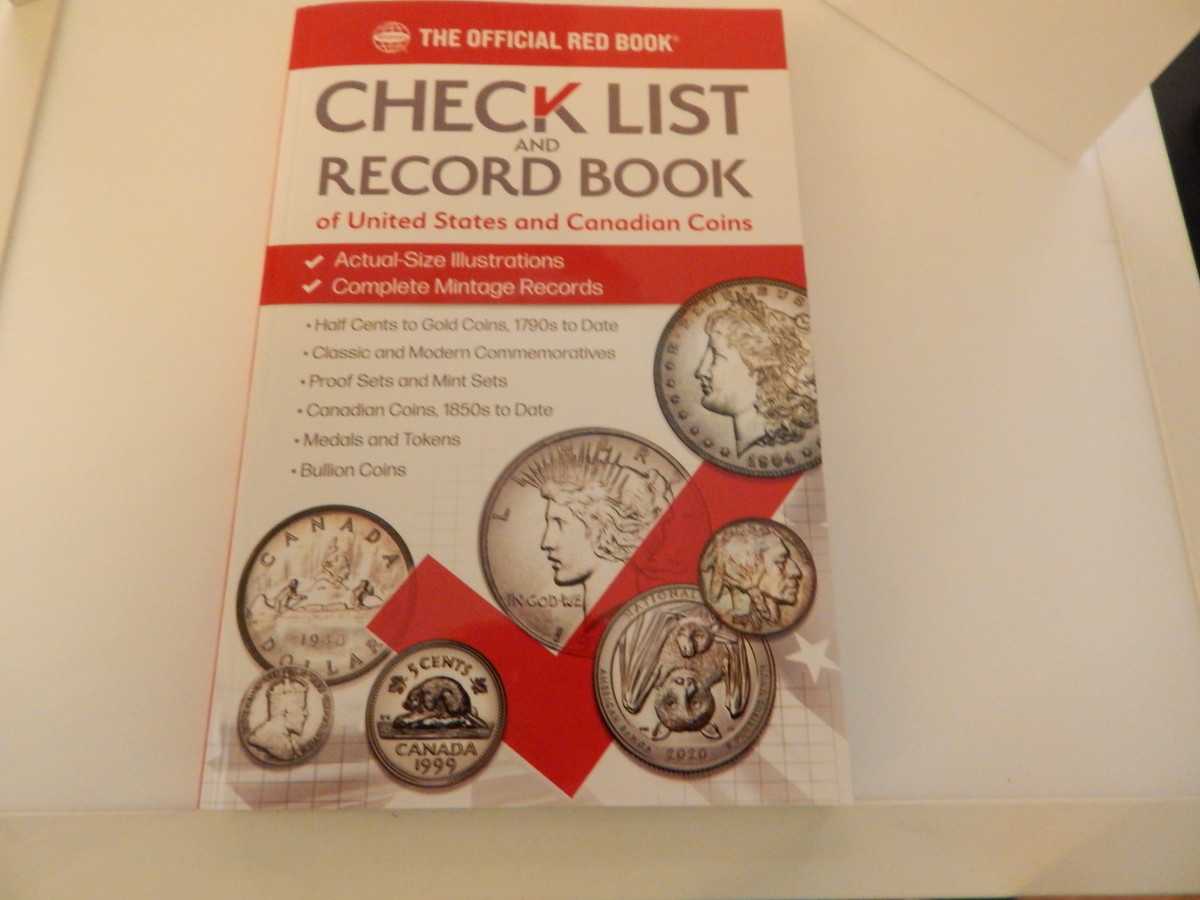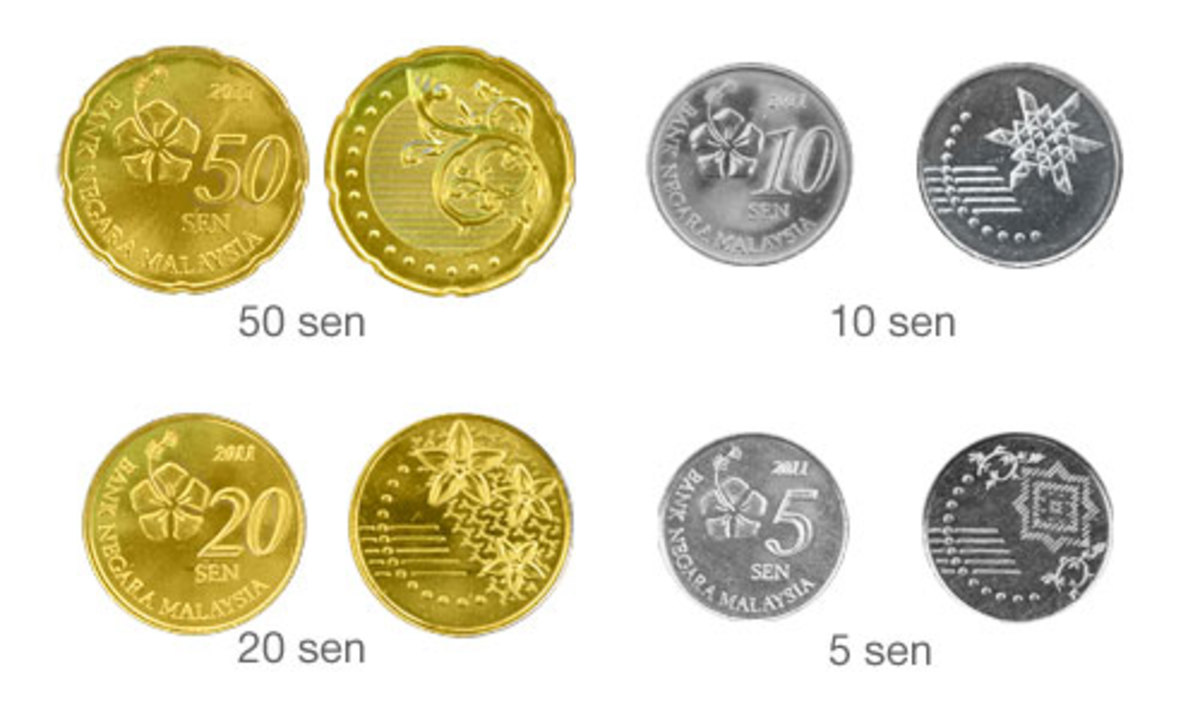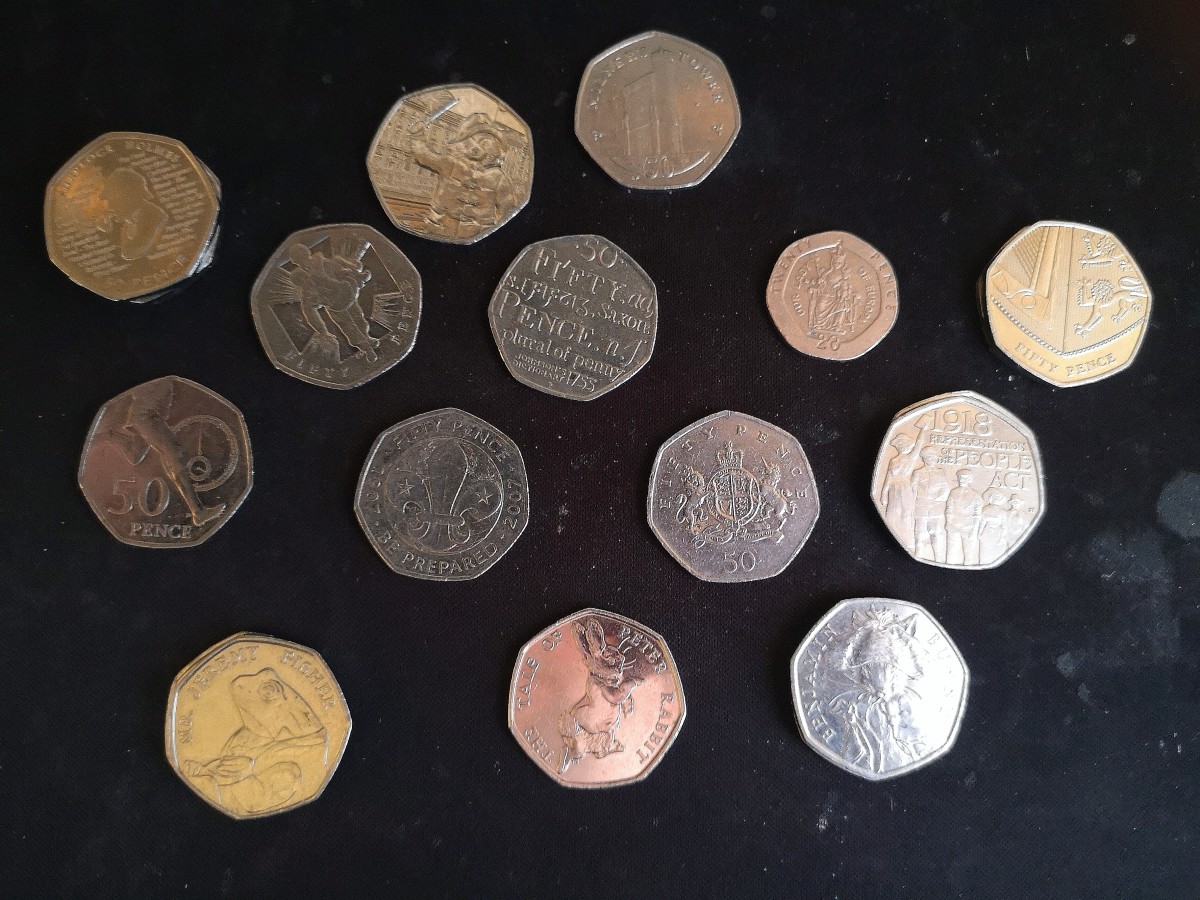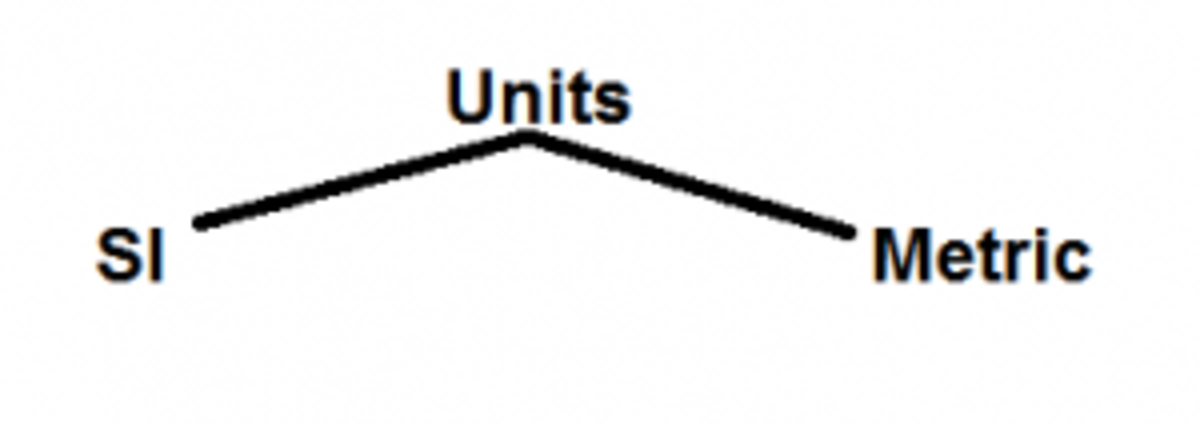Should You Consider Being A Numismatist?
Numismatics is a term that is not so common, but it is one that should be given more attention. Numismatists, or the people involved in Numismatics, can be some of the most passionate individuals when it comes to currencies and their evolution throughout history. If you are considering being a numismatist, first you need to be acquainted with the scopes and extent of the field.
What is Numismatics?
Numismatics deals with the study of currency, which includes coins, paper money, tokens, and other forms of currency throughout history. It is not just about collecting coins, although most people who are interested in numismatics can be coin collectors. Numismatics studies money as well as other forms of payment for debt and exchange of goods. Barter exchange would be an interesting topic for a numismatist and the use of horses, precious metals, gems, and goods as modes of payment is something that is already familiar to them. A person who finds interest in studying the evolution of currencies would make a good numismatist.
The term numismatist is used to refer to a collector or a coin dealer, but it is also the term used for scholars studying coins and using coins as sources. Numismatists are divided into three groups. The first group is composed of those who simply love owning monetary devices and are considered private amateur scholars. The second group is made up of coin dealers, who are also called professional numismatists. These are the people who authenticate or grade coins, especially for commercial reasons. Numismatists can also buy and sell coin collections. Scholar numismatists comprise the third group. These people gather information about monetary devices, monetary systems, the economy, and uses in history. They can be involved in public collection or work in universities.
Branches of Numismatics
There are three main subfields of Numismatics: Exonumia, Notaphily, and Scripophily. Any numismatist can fall under one or more categories. Exonumia refers to the study of everything coin-like. This includes token coins, medals, encased coins, tags, badges, elongated coins, counterstamped coins, credit cards, and even wooden nickels. Most coin collectors fall under this category.
Notaphily, on the other hand, focuses on the study of paper money and banknotes. The first systematic collection of paper money was started in Germany in the 1920s although it is said that people have started collecting paper money as soon as it came out. It was only in the 1970s that Notaphily was considered as a separate area of numismatics. Around the same time, developed countries started publishing national catalogues of the paper money they used.
Scripophily focuses on the study of stocks and bonds. It involves the collection and studying of historical documents. Collecting stocks and bonds with values would also be a good investment.
Numismatist or Coin Collector?
While Numismatics deals with currencies, it is different from a coin collector. A coin collector doesn’t necessarily have to know the details of the coin he is collecting, even though that becomes important when he wants to make a good investment out of his collections. Coin collectors are interested in coins and minted legal tender, which makes it a subfield of Numismatics. A coin collector would be interested in coins that circulated only for a short time, coins with mint errors, historically significant coins, or extraordinarily beautiful pieces. A numismatist can collect coins, and a coin collector can be a numismatist, but not all numismatists are coin collectors, and not all coin collectors are numismatists.
Both Numismatics and coin collecting can be rewarding as a profession or a hobby. It can widen your knowledge of the history of coins or currencies in general. A person can find a job as an authenticator of minted coins and other forms of money. Positions in universities for those specializing in the field should give you scholarly job options. One can also earn money through the buying and selling of completed coin sets or auctioning coins in mint condition. A coin is in mint condition if it does not have scratches or if it is well-defined.
Good Investment vs Complete Set
There are two kinds of coin collectors. On one side are those who collect coins just to get a complete set, and on the other side are those looking to appreciate the value of the coins. The first one is mostly composed of hobbyists who do not care if the coin they have is in mint condition. What matters to them is that they have a particular coin that will help in completing their sets. These collectors will buy coins that they do not have or even trade a coin they already have for one that they don’t. They can also buy and sell complete sets.
Coins can be a good form of investment, especially with rare coins. Coins in mint condition can fetch a good price if it’s a special coin made of gold or silver. These coins can be auctioned, but most owners do not let these go until a very long time to appreciate their value. These days, many collectors hunt for rare pieces, which makes investing in them a wise decision. Rare coins can be bought straight from the mint or from coin clubs and dealers.
Every couple of years, banks release special minted coins that hold a value that is more than their appearance. This includes commemorative sets for previous American presidents, which can be minted in gold or silver and can come in one dollar or fifty-cent denominations even though they are worth more than that. Getting your hands on these coins would guarantee a good profit, since these are rare, precious, and only limited in quantity.
Should You Be a Numismatist?
For some, Numismatics is a hobby; for others it is a profession or source of income. If you are considering being a numismatist, the first question you should ask is whether you are looking to collect coins just because it is fun, or if you are considering it to earn some money. There is no right or wrong answer, but the investment in being a numismatist would depend on your option.
If you intend to be a hobbyist, then you can have a career separate from Numismatics and still enjoy your coin collection. Investing in such a hobby need not be expensive, since you do not necessarily have to collect the currencies you study. You can collect coins that you come across, or you can read about them from books and even the internet. Your knowledge of currencies will take you a long way.
If you intend to be a numismatist and a coin collector, you will need to start buying coin books where you can store your growing collection. Coin books can be bought per year so that you will not have a hard time organizing. Others put their precious coins in a box for easy hiding. Usually, it’s the more expensive coins that are placed in these containers.
If you intend to be a professional numismatist then you will need to invest in it. Investment could come in the form of taking classes related to the field, attending coin shows to know more about their history, or buying and selling currencies in order to study them. If you are a coin collector wanting to earn some money from it, you will first need to invest in rare pieces that you can sell for an appreciated value. Buying straight from the mints would be a good idea.
Overall, Numismatics is an interesting field to study, and it can also be rewarding as a hobby.

